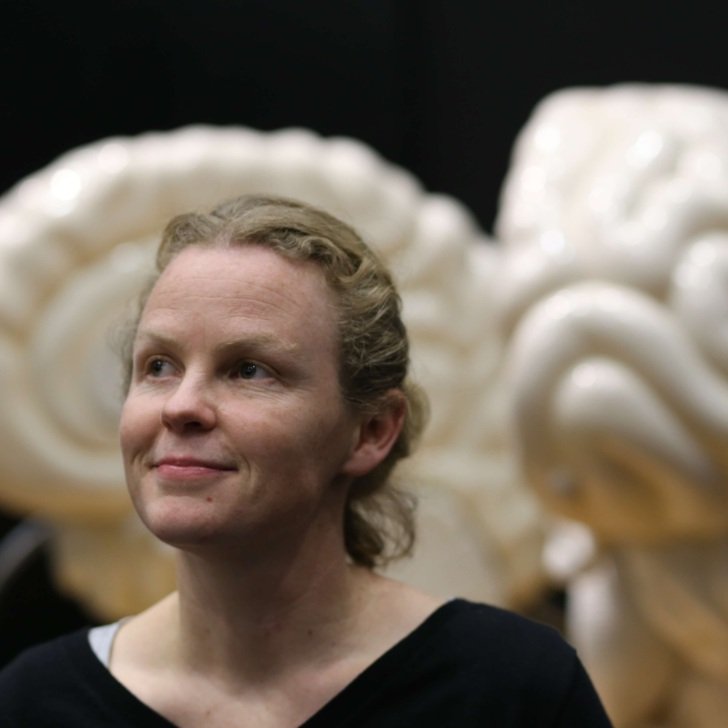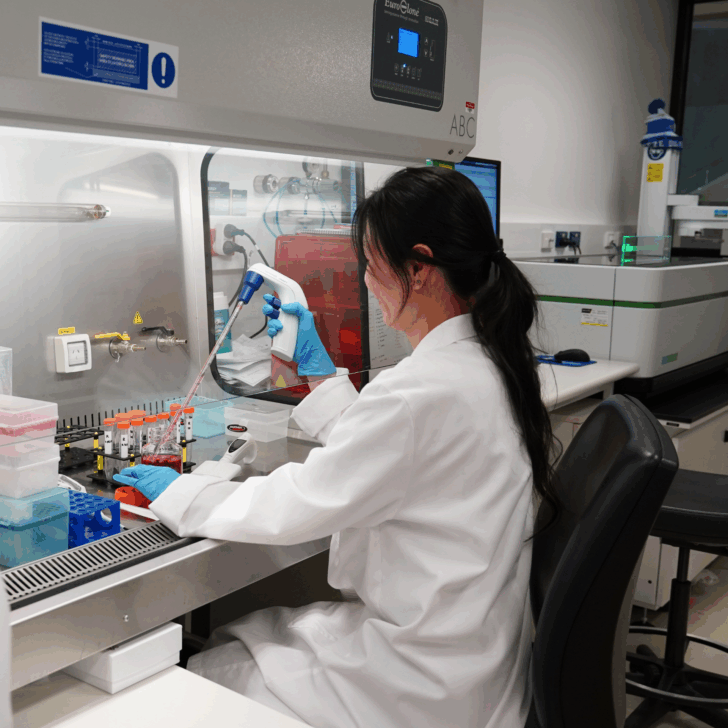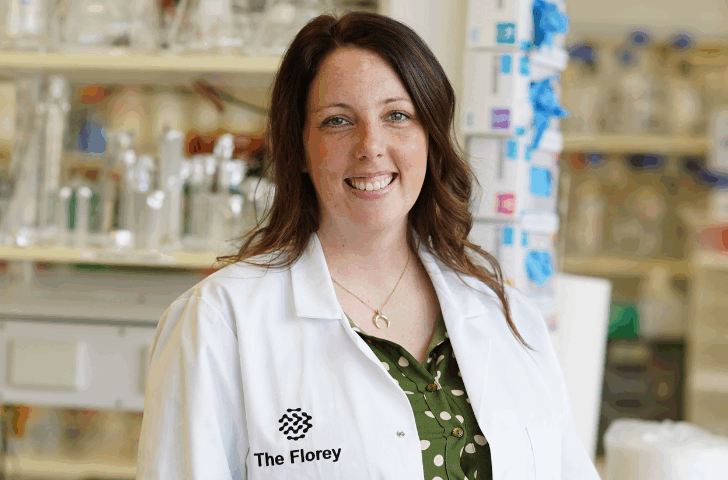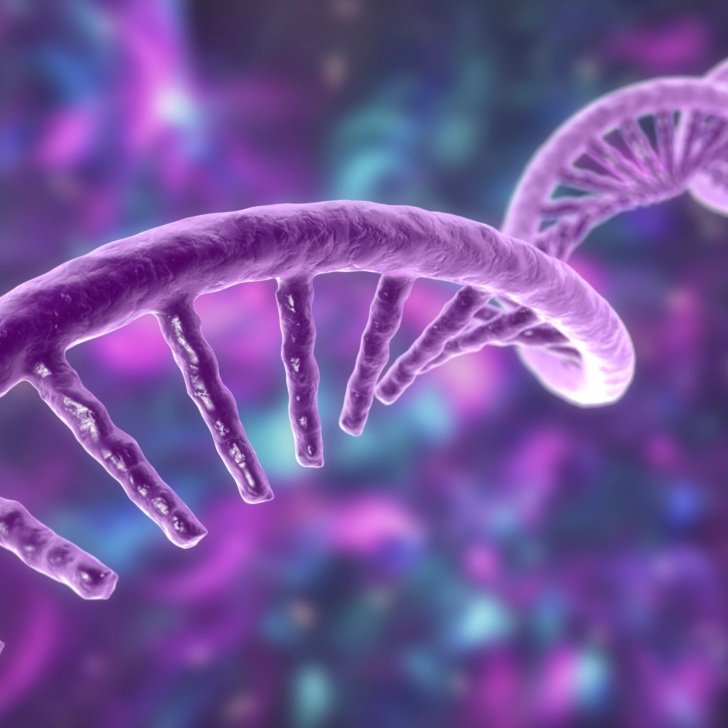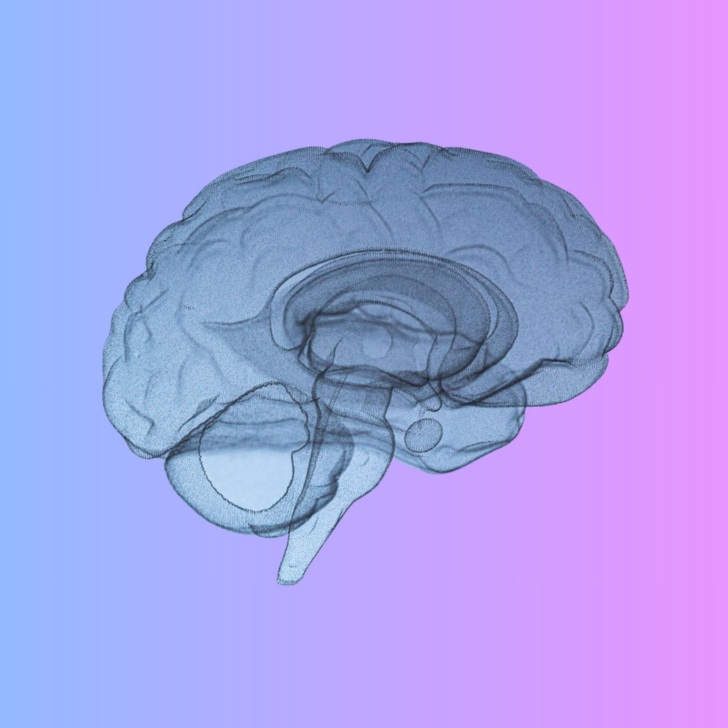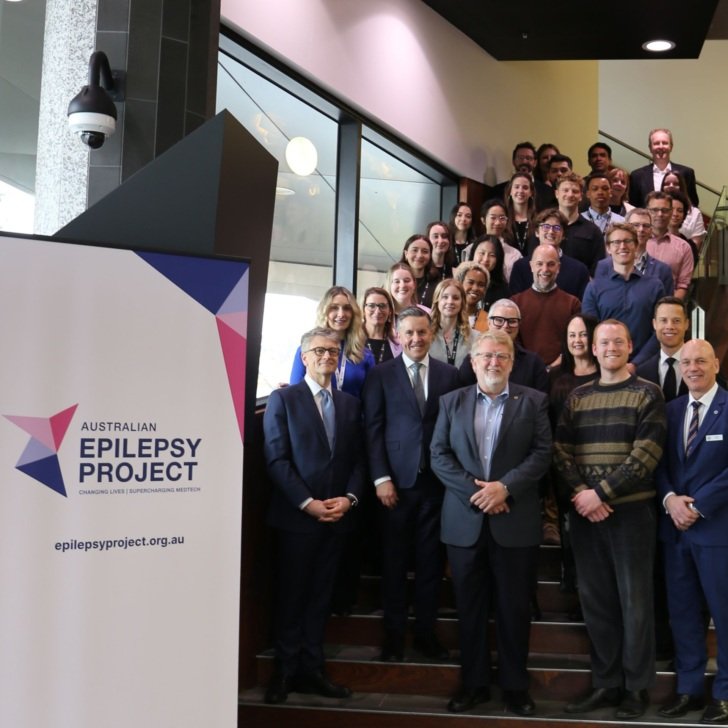- Sleep is a complex and process and decreased sleep can have serious consequences for our health.
- The positive impacts of healthy sleep are holistic to the body and brain.
- Florey researchers are studying how sleep disturbances may be connected to Alzheimer’s disease.
What actually is sleep?
It feels like everybody these days is dreaming of a good night’s sleep. But what actually is sleep? Why do we need it, and what are the consequences of a disrupted sleep?
On the surface, sleep is just a naturally occurring altered state of consciousness where we’re far less active than while we’re awake…it looks like nothing much is happening.
However, sleep is a highly complex and active process. While we’re asleep our body is taking care of some important work – and missing out can have some serious consequences for our health.
What happens in our brain while we sleep?
During sleep, our body grows and heals. Our brain consolidates the memories we’ve created and integrates information we’ve learnt throughout the day.
Many of the waste products our brain creates are cleared out while we sleep. Sleep requires the coordination of numerous brain regions, precise neurocircuitry, and multiple neurotransmitter systems to regulate transitions through the various stages of sleep.
The stages of sleep
A single sleep cycle starts in the lighter non-rapid eye movement (NREM) sleep stages (stages 1 and 2), which is perfect for a short nap.
Following, we fall deeper into NREM sleep (stage 3), also called ‘slow-wave sleep’; in reference to the neurons in your brain pulsing slowly and in unison. Slow-wave sleep is essential for feeling physically and mentally rested.
We then return to the lighter stage 2 of NREM sleep and enter rapid-eye movement (REM) sleep. REM sleep is well-known for being the stage of sleep where most of our dreams occur.
Yet, paradoxically, our bodies are the most still during REM sleep; outside of the namesake rapid movement of the eyes underneath the closed eyelids. REM sleep is also important for processing emotional memories and is associated with creativity and problem solving – hence the saying ‘sleep on it!’.
A sleep cycle takes about 90 minutes, and they repeat throughout the night, each containing slightly more REM than the previous one, which is why our dreams seem more vivid in the mornings.
The effects of lack of sleep
Missing out on sleep makes us forgetful and causes us to make poorer decisions. Our ability to repair from physical damage worsens. Our brain becomes more inflamed. Our immune system becomes impaired. Our general cognitive function and mood also worsen.
The positive impacts of healthy sleep are incredibly holistic to the body and brain, whereas the negative impact of not getting enough may be more damaging than we realise.

Sleep and Alzheimer’s disease
At The Florey we are researching how sleep disturbances are connected to Alzheimer’s disease. It’s a vicious cycle. Not only does Alzheimer’s cause patients to have disturbed sleep, but chronic disturbed sleep exacerbates the symptoms and pathology of Alzheimer’s.
With Alzheimer’s being one of the most pressing health issues in our modern world, encouraging healthy sleep may help to reduce the disease’s impact. But be reassured, there’s nothing to suggest that having a bad night’s sleep here or there is going to give you Alzheimer’s.
Nowadays people are sleeping less and less, year after year. Explanations for this loss include widespread blue light exposure via screens, to the stresses of daily life. We’re more vulnerable to the overabundance of issues that occur from chronic sleep deprivation than many think.
So, you know how you’ve been dreaming about starting to go to sleep 30 minutes earlier for a while now? Do it, you deserve it!

